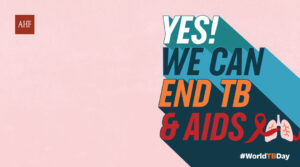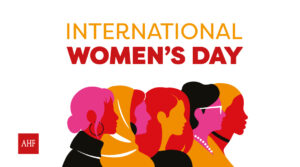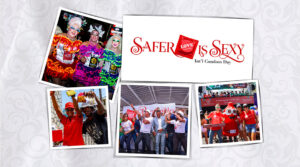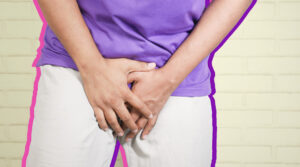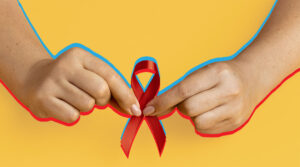Psoriasis is an inflammatory disease whose main symptom is skin rashes, which are very striking due to their intense red color and scaling, which cause significant repercussions on the self-esteem of those who suffer from it.
Until recently it was considered a skin disease that could spread and affect other structures, mainly nails and joints, however, it has recently been discovered that it is a systemic condition, that is, it involves the entire organism and that it is much more complex than previously thought.
How does it affect people with HIV?
Psoriasis manifests as large patches of red, thick, irritated, and scaling skin. The lesions may not bother you, but they could also be itchy. Since the skin is irritated and dry, it can bleed, even without scratching. There could also be burning or pain.
By some estimates, psoriasis affects between 2 and 3% of the world’s population, but in those living with HIV it is among the most common skin problems. It has been seen that it can appear or become more severe in people with a low CD4 cell count.
As explained by the Medical News Today portal, dedicated to the dissemination of medical information, psoriasis can appear shortly after starting antiretroviral treatment. If this happens, it is considered to be part of the so-called immune reconstitution inflammatory syndrome (IRIS), which appears in some people who already had a profound alteration of their immune system.
This is explained because antiretroviral therapy generates an over activity of the immune system, and since psoriasis is also considered an autoimmune disease, it could be triggered.
Appropriate treatment for people with HIV
Psoriasis is, in itself, a disease that is difficult to control and still not fully understood. The fact that it manifests differently in people with HIV makes it a challenge for treatment.
For example, the distribution of skin lesions may be different in those living with HIV, since instead of appearing on the scalp, elbows and knees, where it is most common, it appears on the palms of the hands and soles of the hands and the feet.
For the treatment of mild to moderate psoriasis, creams or ointments may be used. Also, ultraviolet light therapy and retinoid taken orally can help with moderate to severe psoriasis.
People with a low CD4 count (less than 200 cells/mm3 of blood) are more likely to develop severe psoriasis, that is, the lesions cover more than 50% of the body surface. This would make it necessary to use systemic treatments that suppress the immune system, which is not feasible for someone with HIV, but your medical team will surely find alternatives to control it.
Prevention tips
Although psoriasis cannot be exactly prevented, it can reduce the frequency with which flare-ups appear. This is achieved by avoiding certain triggers, which are different for each person, but can be identified on a case-by-case basis.
Among the main triggers to avoid are:
- Foods that cause allergies
- High alcohol consumption
- Infections that weaken the immune system, such as group a strep, bronchitis or tonsillitis
- Vitamin D deficiency
- Sunburn
- Tobacco use
- Anxiety and stress
- Medicines such as those used for malaria, high blood pressure and bipolar disorder
- Temperature changes
While you wait for your medical consultation, you can apply some home remedies that alleviate the condition of your skin, such as:
- Apply aloe vera gel
- Apply coconut oil
- Take omega-3 supplements
- Apply moisturizer
- Take lukewarm baths with colloidal oatmeal or Epsom salts
Always remember that your medical team is the only one qualified to provide you with the appropriate treatment for psoriasis and any other health problem that may arise.
And if you already have an HIV diagnosis but you have not started your antiretroviral treatment, or if you suspended it and want to resume it, come to AHF Latin America and the Caribbean and we will gladly help you. Locate our offices closest to you, we are in 11 countries in the region.

